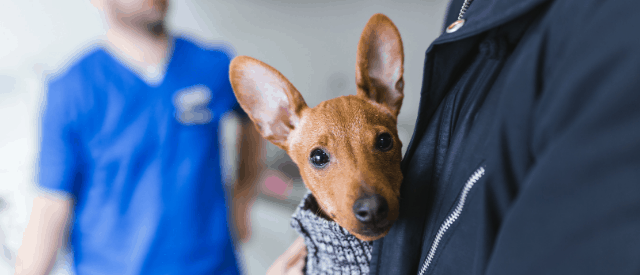When it comes to your pet’s health, a lot can change in the span of one year. Therefore, many veterinarians recommend semi-annual visits, but one of the biggest barriers to veterinary care is the anxiety of going to the vet’s office!
Car rides, new sights, new sounds, other animals, medications, and shots can all be major stressors for pets. With preparation and planning, you may be able to help your dog or cat have a more enjoyable visit. In this article we look at some ways that you can help your pet feel more comfortable. As well as some quick fixes and tactics that can have lasting positive effects on your pet’s attitude towards their vet visits.
Use a reward system
Many pets are motivated by food and treats. Consider using your dog’s favorite treat when trying to coax him into the car or try putting your cat’s favorite treat inside of his carrier.
Treats can also be used in the vet’s office during physical restraint, blood sample collections, and vaccinations. Your vet may also have some treats handy, and human foods like peanut butter and spray cheese are big motivators for dogs.
It also helps if your pet only has a light meal before the appointment so that they come to the vet’s office feeling a little hungry!
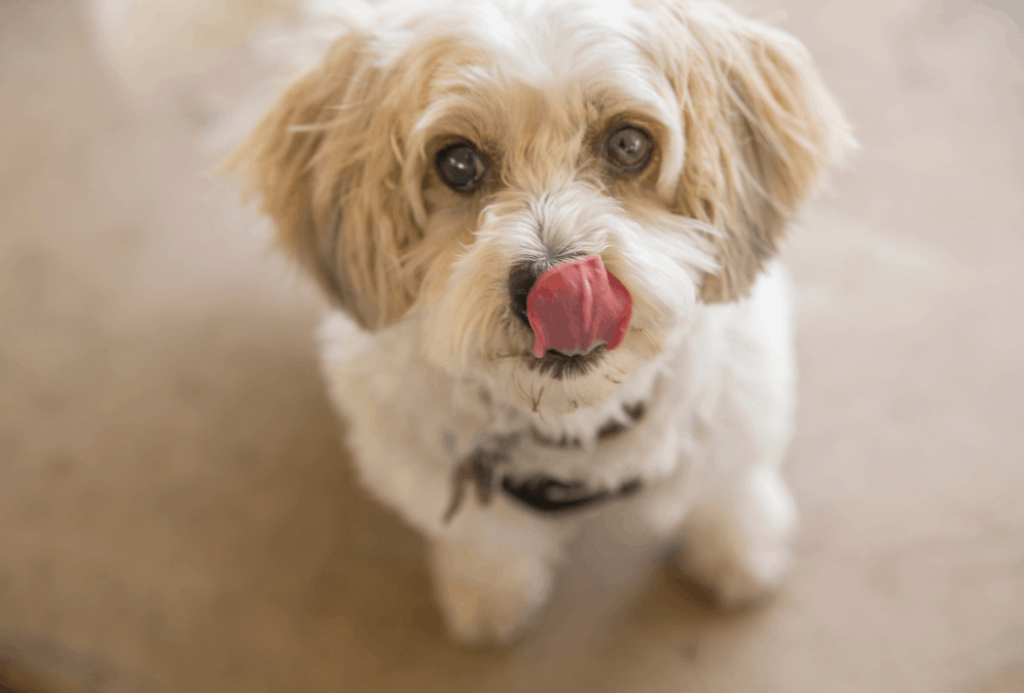
Consider other distractions
Like offering treats, using a favorite brush or toy may help distract your pet from being fearful. Some of the smells from home can be relaxing, so if your pet needs to stay at the clinic for a little while longer, consider bringing a blanket from home. Articles of clothing like shirts can also be comforting because they smell like the pet’s family members.
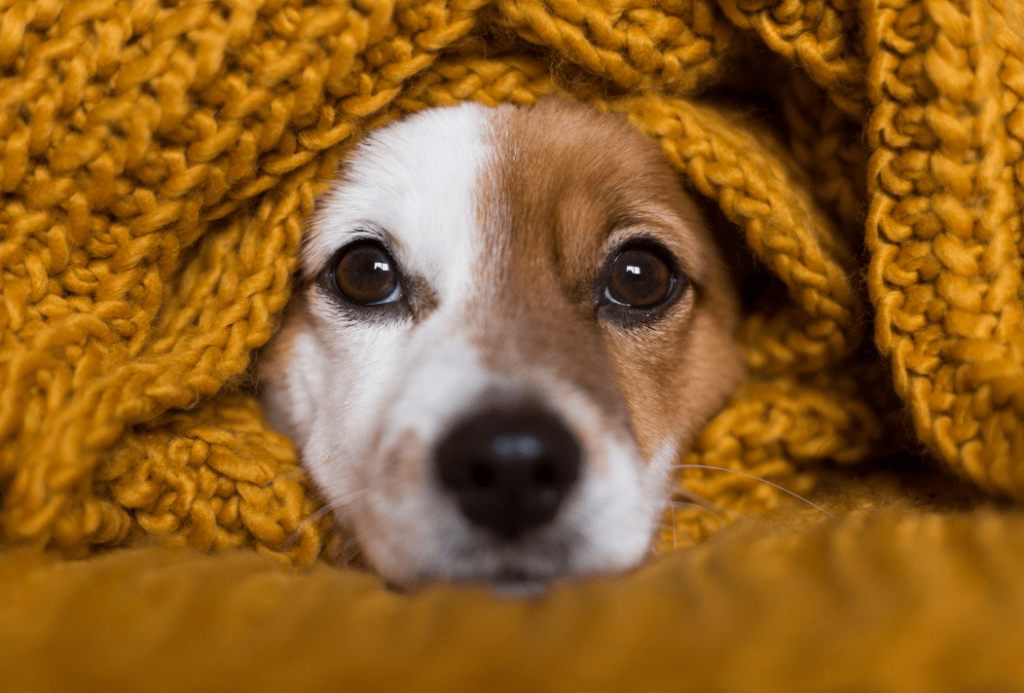
Practice runs
Practice techniques at home
One of the best ways to minimize a pet’s vet visit anxiety is to practice some of the motions at home first. You can try to handle your pet’s ears, paws, face, and even practice nail trims. Make sure to reward your dog or cat when they are calm during these motions. If you have a small dog or cat, you can practice picking them up and holding them close to your body like when veterinary technicians apply restraint techniques.
Practice the car ride
Sometimes, the car ride to the vet can be stressful. You can practice car rides by starting out with short trips that end in going directly home, or these trips can end with a nice walk or going to the dog park. Be sure to keep your pet’s favorite treat handy as a reward for calm behavior in the car.
Let your kitty get used to the carrier
Since most cats travel in a carrier, it helps to set out the carrier several days in advance of the vet visit. You can make the carrier more appealing by filling it with a nice blanket and some treats or catnip. You can set the carrier in a central location so that it is easier to collect your kitty on the day of his appointment. In some cases, the patient might even be found sleeping in the carrier when appointment day arrives!
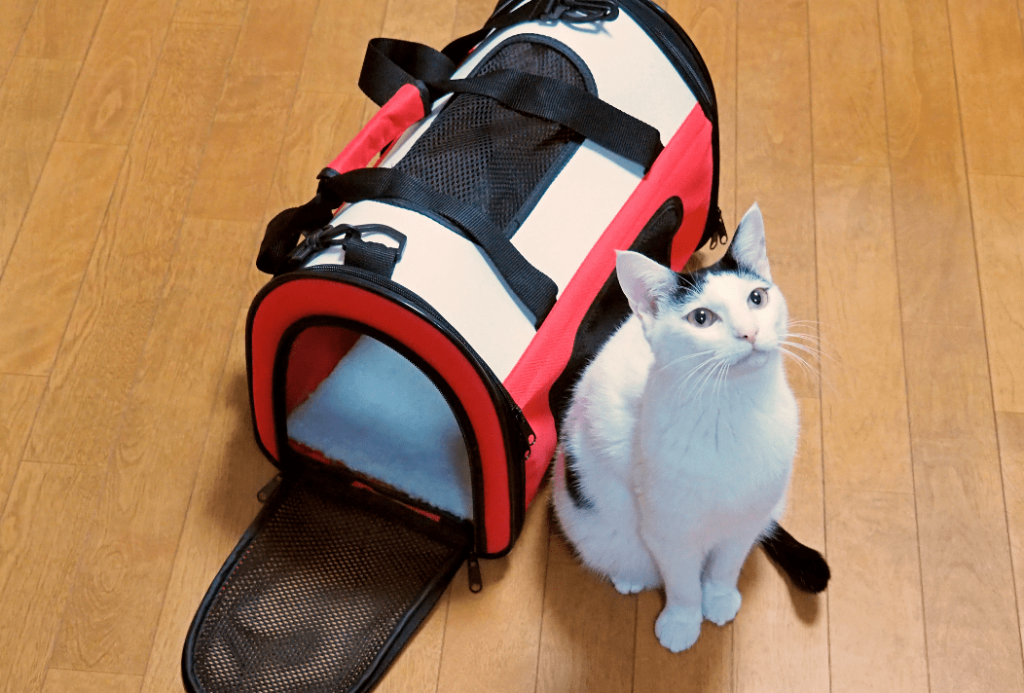
Happy visits
Happy visits are like practice runs that occur inside of the veterinary clinic itself. Many vet hospitals offer to do this. It involves staff picking up your pet and walking them through the clinic. The staff can give them lots of pats and treats, and the visits are always kept short. This way, nothing stressful happens to your pet during the visit, and they may be less likely to associate scary things with vet visits in future.
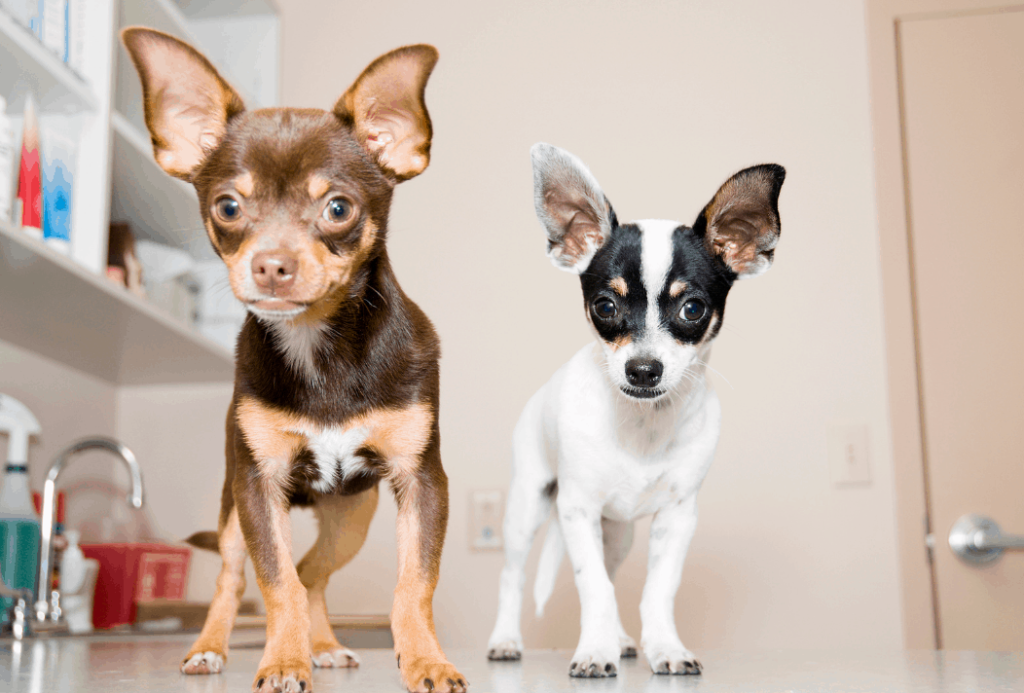
Calming products and medications
Natural calming products
There are many calming products available that contain ingredients which provide a naturally calming effect. For example, the amino acids contained within Composure Pro chews are involved in serotonin production. Serotonin is a hormone that stabilizes mood and happiness in dogs and in people. Another supplement, Zylkene, contains a milk protein that is like the pheromones of a mother dog which naturally calm nursing puppies.
Pheromone products
Besides oral supplements, products like Adaptil and Feliway rely on pheromones to help calm pets. These are available in many forms, including collars, sprays, wipes for carriers, and oil plug-in diffusers. Some veterinary clinics make use of these by spraying them around certain areas or in exam rooms.
Security clothing
For storm and noise phobias, special articles of clothing like the Storm Defender cape and ThunderShirt can help. These may also act like “security blankets” and can be worn during vet visits.
Anti-anxiety medication
If these products are not enough to help with your pet’s anxiety, talk to your veterinarian about anti-anxiety medications. Medications like gabapentin have a very mild sedative effect with minimal side effects andcan be given to dogs and cats prior to vet visits and car trips.
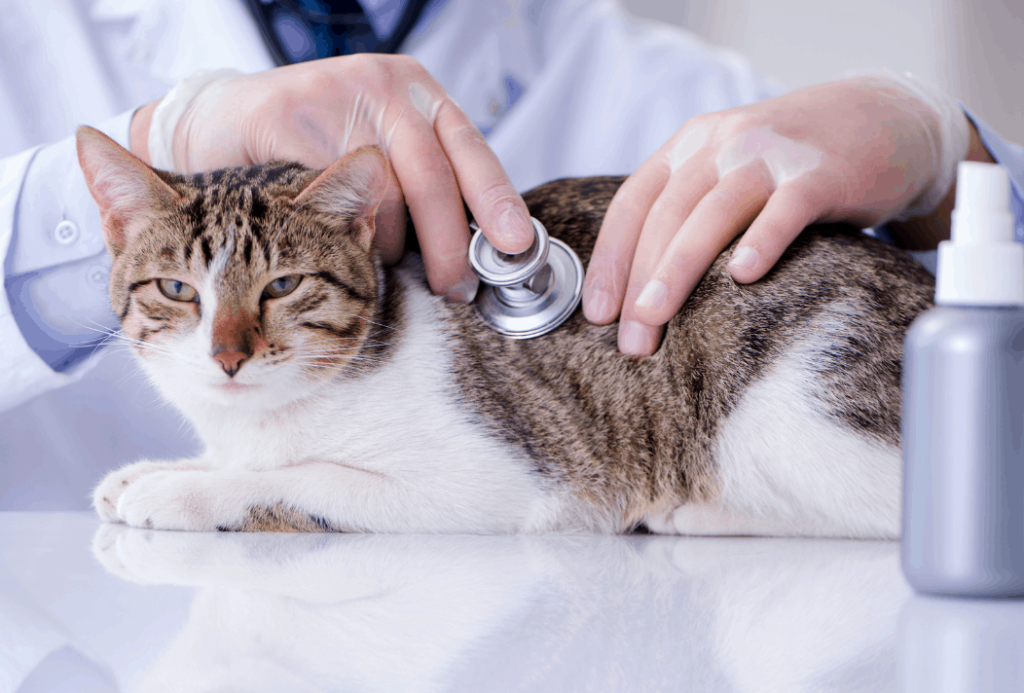 Time-saving tips
Time-saving tips
Preparation is important
It is important to be as prepared as you can be in an effort to minimize the time that your pet spends at the vet hospital. If he is due for preventive care and fecal testing, try to bring a fecal sample that you’ve collected from home. This is especially useful for cats who have very firm stools!
Keep a list of your pet’s needs
If you are out of flea and heartworm products at home, or if your pet needs medication refills, make sure to purchase more when you are at the vet hospital. Keep a list of concerns handy so that you will know what questions to ask your vet.
Warn your vet
If your pet has a tendency to scratch or bite, make sure to warn the staff ahead of time.
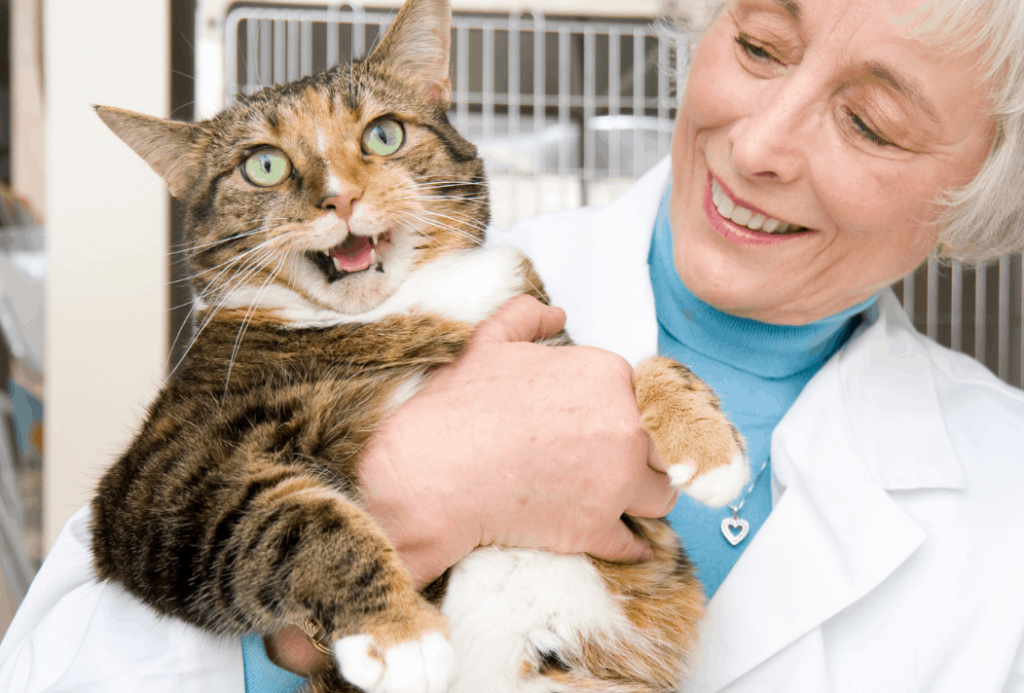
Practice and preparation are key to changing your pet’s attitude towards vet visits!
With a little bit of practice and preparation, you can make a world of difference for your pet so that his trip to the vet goes much smoother. It will also help encourage better behavior for routine things at home like bathing and ear cleaning. If your pet still has anxiety despite these tips and tricks, talk to your veterinarian about other ways that you can help.



